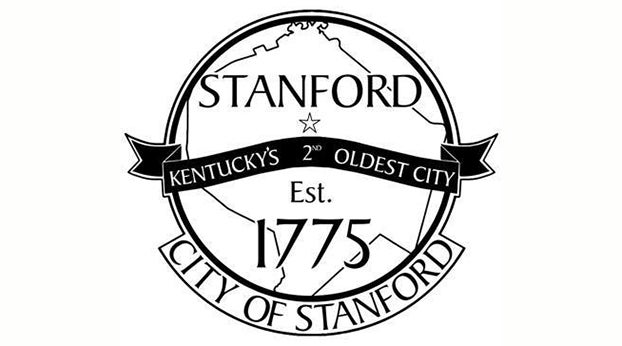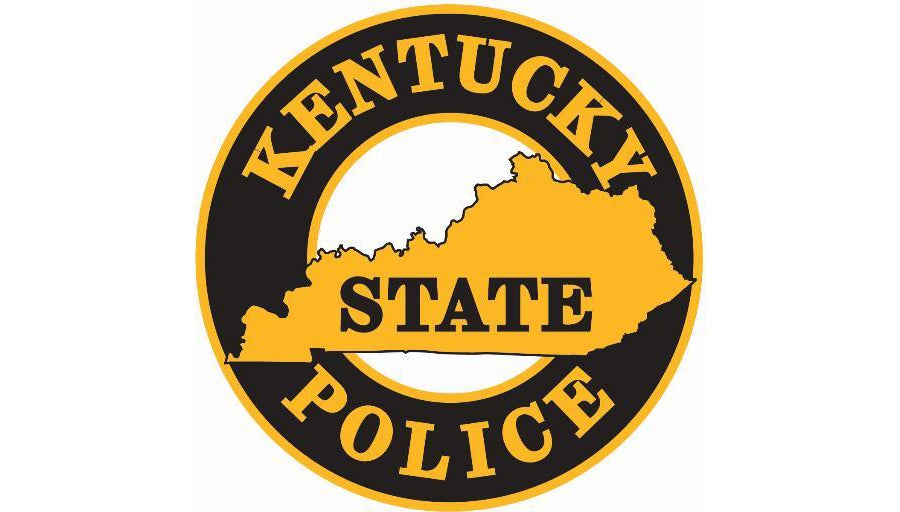Stanford holds first reading of cannabis regulation ordinance
Published 6:25 pm Thursday, August 15, 2024
|
Getting your Trinity Audio player ready...
|
In April, the Kentucky General Assembly fast-tracked the medical cannabis business licensing process by six months, allowing for applications to be received now to allow some products to be ready by Jan. 1 when the state program is set to start.
The state of Kentucky legalized medical cannabis for those suffering from a list of debilitating illnesses.
Last week, the Stanford City Council held the first-reading of an ordinance to establish the regulation of cannabis business operations in the city.
“If you’ll remember, back in November or December, Planning and Zoning made a recommendation for changes to the Planning and Zoning ordinance to include medical cannabis sales as well as cultivation, testing, and everything in the city limits and that was adopted,” said Mayor Dalton Miller. “This here allows us to put restrictions, because further information has come out, and we can put more restrictions and actually levy a fee for them operating that business in Stanford.”
The ordinance establishes special fees for cannabis business licenses. Cultivators and processors will pay an annual business license fee of $2,000 while dispensaries and producers will pay $2,500. A Safety Compliance facility will be required to pay $1,000 annually.
The ordinance also establishes restrictions upon the time, place and manner of operation.
No cannabis business can be located within 1,000 feet of an existing elementary or secondary school or a daycare center.
An initial local fee of one-percent will also be imposed upon the gross receipts of cultivators, producers and dispensaries, payable quarterly.
“Just to bring y’all up to speed. We’re in Region 5, which goes from Harlan to Cumberland up to Lincoln. In our region, we’ve had five counties and several cities that have opted out. Every city in Pulaski County opted out except for Burnside. Normally one city in every county is staying in,” Miller said.
Councilman Ronnie Deatherage said he received two phone calls against it. Miller said he’s willing to talk to them.
Miller said there was a provision for the public to bring a petition but the deadline for that has passed.
“Where people are confused thoroughly on medical cannabis in Kentucky… you cannot smoke it,” Miller said. “You cannot smoke weed and say I’m doing it legally because I have a medical card. You can’t legally smoke cannabis in Kentucky for medical purposes. It has to be in edibles, oils…the safety compliance facilities, it’s a very stringent guideline on what you’re getting and it’s very scientific at this point.”
Deatherage said he’s all for giving people relief if they’re hurting.
Miller said there are 11 regions in the state, each region – except for Lexington and Louisville – can issue four dispensary licenses. The two major cities are allotted six licenses. There are 14 counties in Lincoln’s region, he said.
“So just because we say it’s ok doesn’t mean we’re going to get it,” Deatherage said.
Miller said he knows of two people in Lincoln County who said they were going to apply.
Medical marijuana is very regulated, Miller said.
The one-percent on gross receipts will help offset the cost of policing and other city services, he added.
“If the county opts in and does nothing, they get half of our fees. If they opt out they don’t get any of it,” Miller said.
As of this week, the Lincoln County Fiscal Court has discussed the issue but has not taken action.
Businesses will be able to apply from July 1 through Aug. 31. A lottery system will award the first round of licenses in October. Kentucky will issue 48 dispensary licenses among the 11 regions across the state.
“It’s going to be a medical way for the future. They have realized there are medical benefits to it if it’s used correctly…,” Miller said.
Police Chief Zach Middleton was asked if he thinks it will pose any problems for the city.
“I don’t think so, medical-wise it’s so controlled and all the regulations they have…I don’t think it’s going to be any different than someone going and getting oxycodone from the pharmacy.”
Miller said Stanford’s Police Captain thinks it will actually help with the area’s opioid problem.
The mayor said his door is open to anyone who wants to discuss it further and the council will hold another reading next month.
“We’re not going to have pot dealers on the corner,” he said. “…Anybody that wants to can come sit down and talk to me, call me, I can show them all the documentation that I’ve got. I can show them the websites where we pull all of our information from. If they have concerns we can discuss it.”






